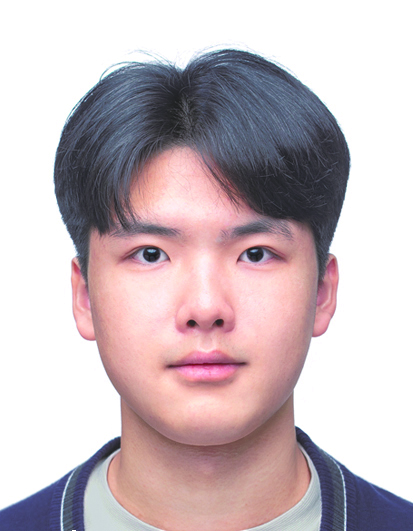
After three years of undergraduate life, I left for RWTH Aachen University in Germany as an exchange student. To me, Germany gave a strong impression of excellent technology. As an undergraduate student, I am already taking a Master’s course and also working as an intern at a university lab. This allowed me to experience German undergraduate programs, master’s programs, and research institutes up close. Through this opportunity, I was able to discover the characteristics of German university education and witness how Germany raises talent.
First of all, the biggest feature of German universities is that it is relatively easier for students in Germany to enter a university than students in Korea. However, graduating from a German university, after entering a bachelor’s degree program, is very difficult. It varies from university to university, but the RWTH I am studying sometimes fails 80% students in severe cases. Also, in many cases, attendance is not checked in classes and grades are given only by one final exam. In summary, high autonomy is imposed on the overall university experience, including admission and classes, but the responsibility is also high.
Next, German Master’s programs have a stronger character of being an extension of the undergraduate department. In Korea, Master students belong to a laboratory, take some coursework, and devote themselves to experiments and research. On the other hand, German Master students take a lot of coursework equivalent to 20 credits in Korea per semester, and they belong to a laboratory only in the last one to two semesters to complete their thesis. These systems create broad knowledge. I was often surprised by discussion during class because of their broad general engineering knowledge rather than the depth of their major knowledge. Sometimes, students give the impression that they have acquired three majors during their undergraduate studies. There are pros and cons to each method, but I was under the impression that the creative ideas that come from Germany are the result of students’ broad range of thinking, based on this wide-ranging knowledge.
Lastly, research institutes are closer to the company rather than the lab. Under the professor, postdoctoral researchers, doctoral students, Masters students, and undergraduate students are organized just like a company. They also frequently interact with companies and industrial sites. Collaboration with companies is sometimes their primary task, and in many cases, professors who lead laboratories are also running companies. They pursue data that can be used in real industries rather than lab-scale data, so the research environment is also larger, and more capital is invested. In addition, students learn to use their major knowledge for their actual job through various internship activities from the undergraduate program.
The university also operates a system called “excursion week” that allows students to visit laboratories or companies related to lectures. With these efforts, Germany educates students with the necessary competencies for their industrial development.
To sum up, German universities raise their future leaders through high degrees of freedom and responsibility for education, broad knowledge, and highly corporate-related education. This comprehensive approach not only equips students with essential skills but also prepares them to make significant contributions to the industrial and technological advancements of the country.
POSTECH actively supports students’ overseas activities through various channels, including exchange students and internships at the Max Planck Institute. I hope you have a meaningful experience that would be helpful for your career through various overseas activities.


